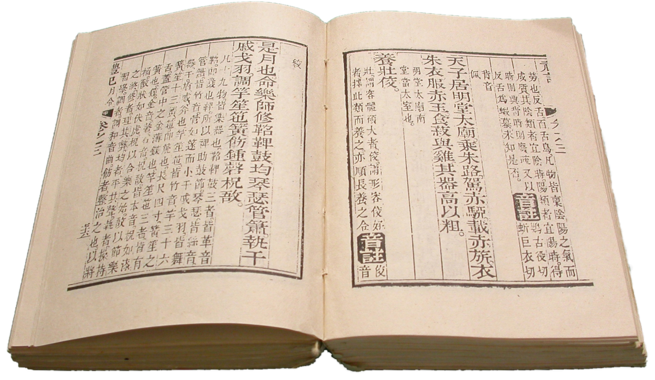
-
Prose
Prose is a form or technique of language that exhibits a natural flow of speech and grammatical structure. Novels, textbooks and newspaper articles are all examples of prose. The word prose is frequently used in opposition to traditional poetry, which is language with a regular structure with a common unit of verse based on metre or rhyme. However, as T. S. Eliot noted, whereas “the distinction between verse and prose is clear, the distinction between poetry and prose is obscure”; developments in modern literature, including free verse and prose poetry, have led to the two techniques indicating two ends on a spectrum of ways to compose language, as opposed to two discrete options.
-
Prose (noun)
Language, particularly written language, not intended as poetry.
“Though known mostly for her prose, she also produced a small body of excellent poems.”
-
Prose (noun)
Language which evinces little imagination or animation; dull and commonplace discourse.
-
Prose (noun)
A hymn with no regular meter, sometimes introduced into the Mass.
-
Prose (verb)
To write or repeat in a dull, tedious, or prosy way.
-
Verse (noun)
A poetic form with regular meter and a fixed rhyme scheme.
“Restoration literature is well known for its carefully constructed verse.”
-
Verse (noun)
Poetic form in general.
“The restrictions of verse have been steadily relaxed over time.”
-
Verse (noun)
One of several similar units of a song, consisting of several lines, generally rhymed.
“Note the shift in tone between the first verse and the second.”
-
Verse (noun)
A small section of the Jewish or Christian Bible.
-
Verse (verb)
To compose verses.
-
Verse (verb)
To tell in verse, or poetry.
-
Verse (verb)
to educate about, to teach about.
“He versed us in the finer points of category theory.”
-
Verse (verb)
To oppose, to be an opponent for, especially in a video game.
“Verse him, G!”
